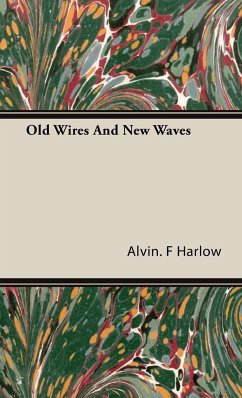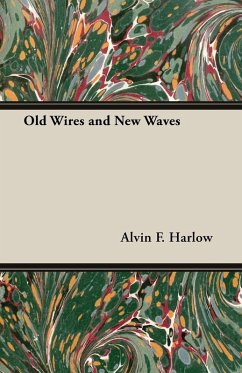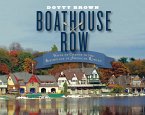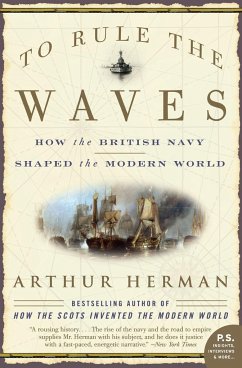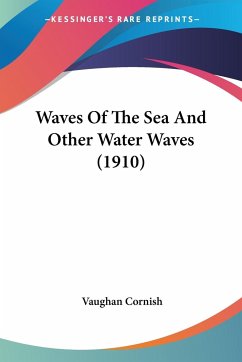Old Wires and New Waves- The History of the Telegraph, Telephone and Wireless By Alvin F. Harlow. Originally published in 1936. FOREWORD: THERE may be those who will think that a disproportionate amount of space is given in this book to the early history of the telegraph, as against the remarkable technical develop ments of the past quarter or half century. May it be suggested that the birth and infancy of ideas are intrinsically more note worthy, more important, than their middle age The centuries of groping for a method of quick communication, the one long century of mans striving to make electricity his servant, the pioneer days of the telegraph, when not only it but all America was simple and crude these are to most folk to-day so exotic, the last-named phase is to the student so significant a picture of the youth of American society and the nation, that, in the judgment of the author, they should be dealt with in detail for the benefit of a generation which knows them not. On the other hand, the rapid developments in telegraph, tele phone, and wireless in recent days are described at length in newspapers and magazines as they appear and they come so swiftly and we are so inured to them that the astounding inven tion of yesterday has to-day become a commonplace, and to morrow is superseded by something still more miraculous. It is therefore scarcely worth while for so slowly built and so final a publication as a book to attempt chronicling all the - minor de tails of recent progress in communication, especially since these matters become so complex and so abstruse that full explanation of their development and functioning would be too complicated for non-technically minded readers. Nevertheless, these modern developments have not been neglected, but are treated as fully as space limitations and the need for clarity seem to dictate. As usual, I have leaned heavily in my research upon the original documents and other materials in the collections of the New York Public Library and the New York Historical So ciety. The latters Henry ORielly Collection is one of the most valuable telegraph sources in existence. The great communications companies have all been very help ful. Through the good offices of Mr. William P. Banning, Assis tant Vice-President of the American Telephone and Telegraph Company, I spent many hours in personally conducted tours through that companys three huge operating buildings in New York City, any one of which is worth a trip to New York to see I was overwhelmed with pamphlets, reports, documents, magazine articles, and books and any and all photographs I desired for illustrations were at my disposal. Mr. Langdon, the librarian Miss Winburg, keeper of the photographs Messrs. Fowler and Mills of the Bell Telephone Laboratories, Rood and Lea of the Long Lines Building Carl and Sedgwick of the New York Telephone Company, all gave their assistance with the courtesy characteristic of the organization. Mr. E. W. Goode, of the publicity department of the Inter national Telephone and Telegraph Corporation, supplied all the data at his command, loaned books not to be found elsewhere, procured permission for me to see the companys operating rooms, gave me whatever photographs I desired, and searched the country over for older ones which were not in his files. The Radio Corporation of America, through Messrs. Galvin, Wright, and Weaver, was also very helpful. I was conducted through its operating building and was supplied with photographs and technical information as needed...
Hinweis: Dieser Artikel kann nur an eine deutsche Lieferadresse ausgeliefert werden.
Hinweis: Dieser Artikel kann nur an eine deutsche Lieferadresse ausgeliefert werden.

